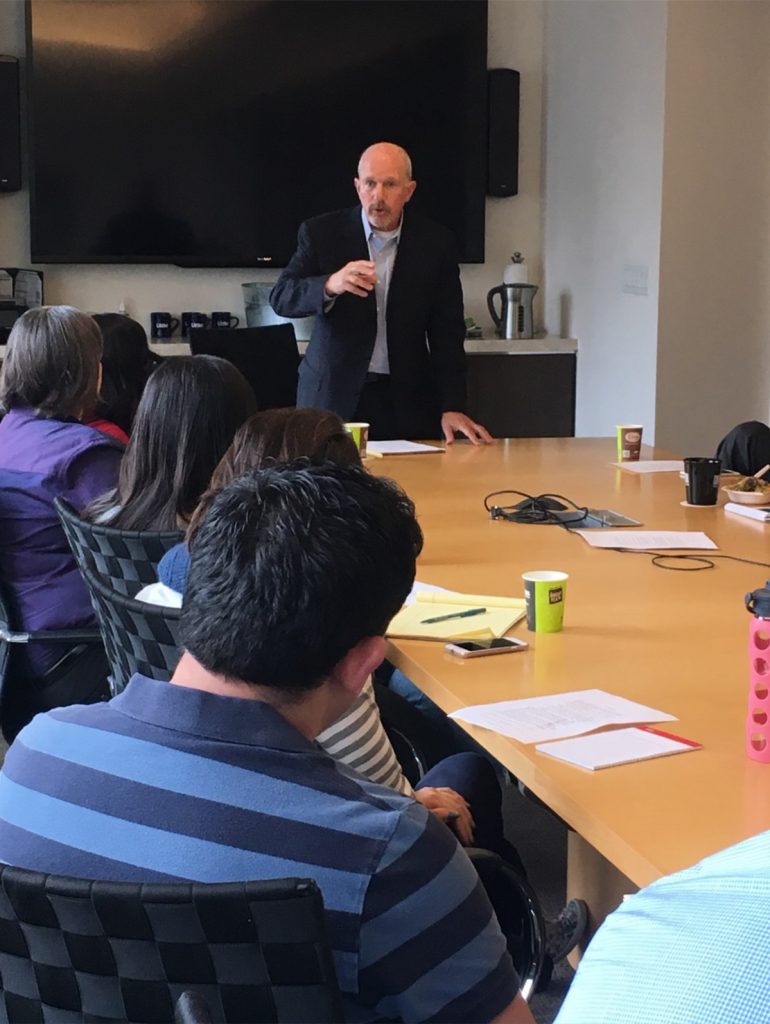Among the oft-cited criticisms of arbitration is the application of “relaxed rules of evidence.” This criticism is generally verbalized in the context of posing a potential obstacle to success. In my 30+ years of arbitrating cases, I have never seen, or heard of, any case being decided on the basis of evidence that would have been inadmissible in court. Furthermore, the “relaxed rules” approach to admissibility of testimony and documents in arbitration is, in my experience, similar to what the parties would experience in a bench trial or administrative proceeding, and thus not so much a departure from the norm but rather the absence of a need to shield jurors from being improperly influenced. In arbitration, you should have an experienced and knowledgeable decision-maker who can make such determinations if arguably-inadmissible evidence is presented.
And, this expectation of the parties presents a shared responsibility. Thus, I encourage evidentiary objections during the arbitration hearing. I do this for the following reasons:
- Objections underscore (for everyone) the potential infirmities of the evidence, and thus tell me “Mr. Arbitrator, you cannot base your ruling on this.”
- Parties expect their counsel to be vigorous, professional advocates, and making appropriate objections helps meet that expectation thus contributing to a positive arbitration experience.
- Witnesses sometimes lose focus, try to influence with speculation, or otherwise present matters that consume time and do not move the ball forward for either side. Arbitrators are, or should be, reluctant to step in and cut the witness off. Your objection requires the arbitrator to act, and can serve to get everyone back on track.
- Objections necessitate all attorneys (and the arbitrator) pay close attention to the testimony and documents being presented. This creates a more competitive, engaged environment.
Thus, even if that hearsay comes in, and I say “I will allow it and give it the weight it deserves”, you have done your job.
